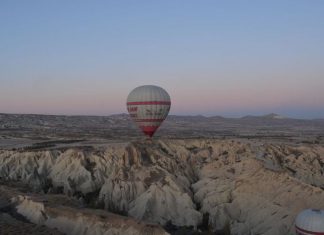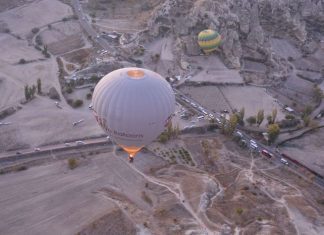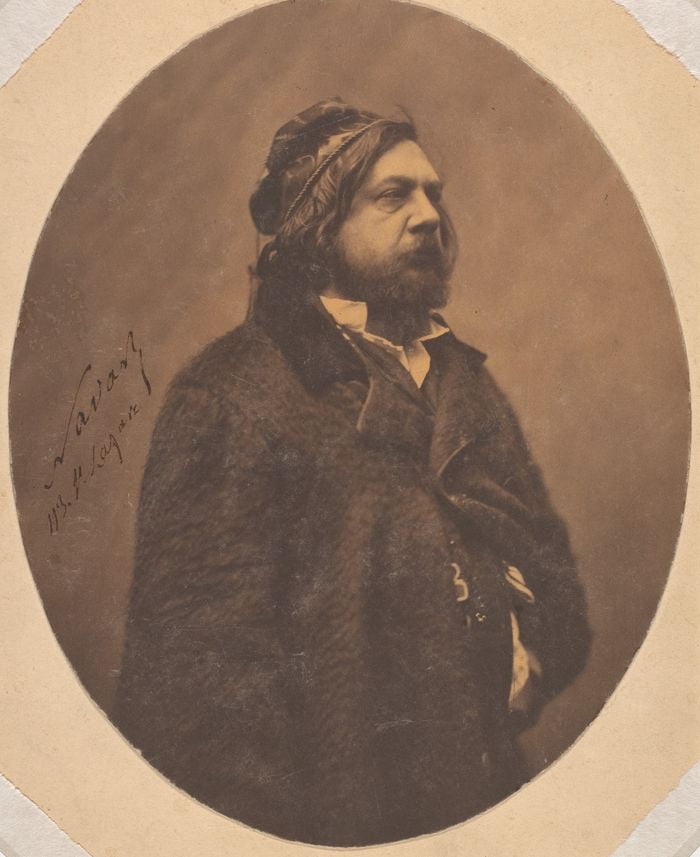Each monastery possesses pious endowments for the clothing and maintenance of the devotees. Inside every monastery there is a small convent designed for the ascetic retreat of the king who built it, for most of these kings, on reaching the age of sixty or seventy, build a monastery and put on garments of hair, investing their sons with the sovereignty and occupying themselves with religious exercises for the rest of their lives. They display great magnificence in building these monasteries, and construct them of marble and mosaic-work.
I entered a monastery with the Greek whom the king had given me as a guide. Inside it was a church containing about five hundred virgins wearing hair-garments; their heads were shaved and covered with felt bonnets. They were exceedingly beautiful and showed the traces of their austerities.
A youth sitting on a pulpit was reading the gospel to them in the most beautiful voice I have ever heard; round him were eight other youths on pulpits with their priest, and when the first youth had finished reading another began. The Greek said to me, “These girls are kings’ daughters who have given themselves to the service of this church, and likewise the boys who are reading [are kings’ sons].”
I entered with him also into churches in which there were the daughters of ministers, governors, and the principal men of the city, and others where there were aged women and widows, and others where there were monks, each church containing a hundred men or so.
Most of the population of the city are monks, ascetics, and priests, and its churches are not to be counted for multitude. The inhabitants of the city, soldiers and civilians, small and great, carry over their heads huge parasols, both in winter and summer, and the women wear large turbans.
The former emperor now a monk
I was out one day with my Greek guide, when we met the former king George [Andronicos II] who had become a monk. He was walking on foot, wearing haircloth garments and a bonnet of felt, and he had a long white beard and a fine face, which bore traces of his austerities. Behind and before him was a body of monks, and he had a staff in his hand and a rosary on his neck. When the Greek saw him he dismounted and said to me, “Dismount, for this is the king’s father.” When my guide saluted him the king asked him about me, then stopped and sent for me.
Read More about Ibn Battuta part 79








